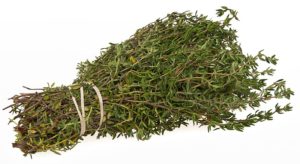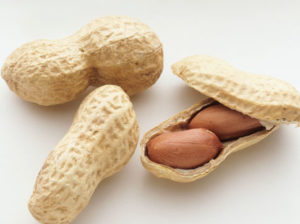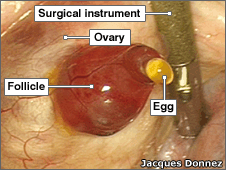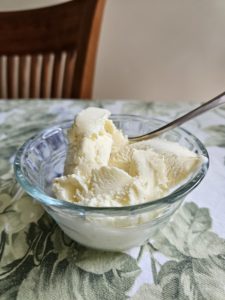 Great news! A recent study found that older adults who get routine vaccinations have a lower risk of developing Alzheimer's disease and related dementias. Other studies looking at adults over the age of 60 and routine vaccinations (flu, pneumonia) have had similar findings.
Great news! A recent study found that older adults who get routine vaccinations have a lower risk of developing Alzheimer's disease and related dementias. Other studies looking at adults over the age of 60 and routine vaccinations (flu, pneumonia) have had similar findings.
The vaccinations that were looked at in this study were: the shingles (herpes zoster) vaccine, pneumococcal vaccine, and tetanus-diphtheria vaccine. Each of the vaccines lowered the risk of getting AD - the tetanus-diphtheria (Tdap/Td) by 30%, the shingles vaccine by 25%, and the pneumococcal vaccine by 27%. The adults were at least 65 years of age at the start of the study.
Why would vaccines be protective? There are multiple theories, including that infection may play a role in the development of Alzheimer's disease (AD), and vaccines reduce the risk for infections. Or that vaccines may activate the immune system in such a way that alters the risk for developing AD.
Bottom line: In persons over the age of 60, getting routine adult vaccinations (including the flu vaccine) may lower the risk of developing AD. So simple!
From Medical Xpress: Several vaccines associated with reduced risk of Alzheimer's disease in adults 65 and older
Prior vaccination against tetanus and diphtheria, with or without pertussis (Tdap/Td); herpes zoster (HZ), better known as shingles; and pneumococcus are all associated with a reduced risk for developing Alzheimer's disease, according to new research from UTHealth Houston. ...continue reading "Routine Vaccines Associated With A Reduced Risk of Developing Alzheimer’s Disease"

 Hope your Labor Day was restful!
Hope your Labor Day was restful!

 In the
In the 

 There is nothing so refreshing as some cold ice cream on a hot summer day. But rather than viewing it as a guilty pleasure, research actually finds that it has health benefits!
There is nothing so refreshing as some cold ice cream on a hot summer day. But rather than viewing it as a guilty pleasure, research actually finds that it has health benefits!

 Once again research finds that drinking sugar sweetened soft drinks or fruit drinks (not juices) is unhealthy. This time
Once again research finds that drinking sugar sweetened soft drinks or fruit drinks (not juices) is unhealthy. This time  We knew it was hot in July. Record breaking hot. Europe's climate monitoring organization (
We knew it was hot in July. Record breaking hot. Europe's climate monitoring organization (